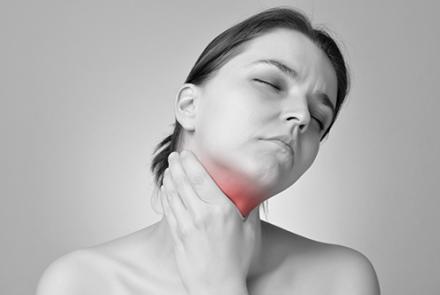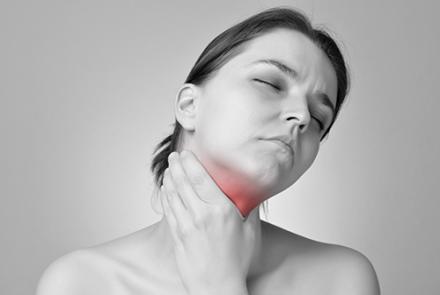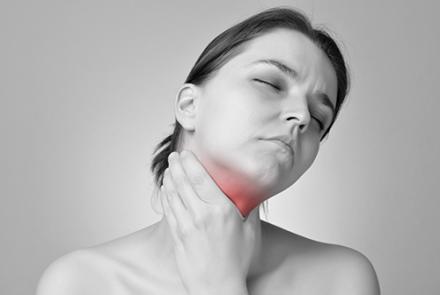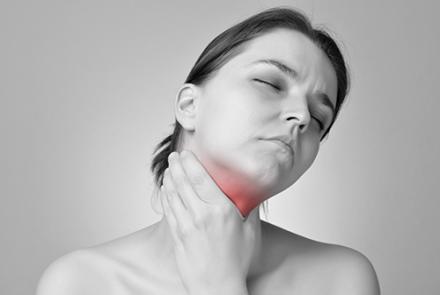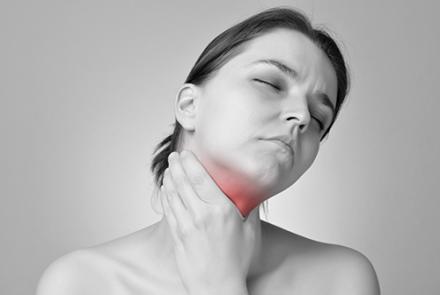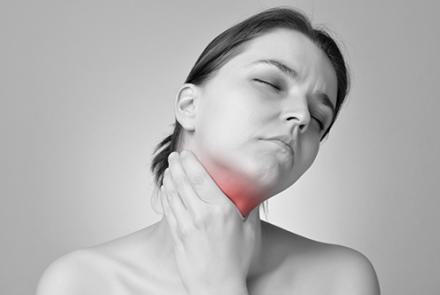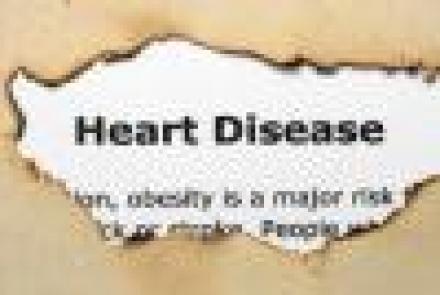Other associated diseases
Patients with Hashimoto’s thyroiditis and their genetically connected relations are at increased risk of developing the following disorders:
Type 1 Diabetes Mellitus (insulin-requiring)
Graves’ disease (goiter and hyperthyroidism or overactive thyroid)
Rheumatoid arthritis
Pernicious anaemia (inability to absorb vitamin B12, potentially causing anaemia and neurologic problems)
Addison’s disease (adrenal failure; the adrenal gland…
Latest Stories
- In addition to the various treatment options, lifestyle changes are also recommended: Diet: Having the right amount of iodine is important for thyroid hormone production. And too little is the most common cause of hypothyroid problems worldwide. But iodine supplementation is not the answer in Hashimoto’s disease. In fact, it worsens the condition. What you need is a healthy diet with vegetables, fruits, whole grains, lean proteins and healthy fats to build strength. Eating three healthy…
- Medication Hashimoto’s thyroiditis responds well to treatment. It is treated with a single daily tablet of levothyroxine. This is a man-made form of T4 thyroid hormone. It is also called thyroid replacement therapy because it restores back to normal the T4 that the damaged thyroid can no longer make. It usually needs to be taken for the rest of a person’s life. Follow-up treatment After you start your medication, you will need a follow-up TSH test so your doctor can fine-tune your dose. The…
- What tests do you need to have done The doctor will conduct some of the following: Physical examination to identify goiter and other physical signs and symptoms of hypothyroidism. Laboratory tests may check the following: Antithyroid Antibodies: These are proteins produced by our immune system that destroy thyroid tissue. Increased antithyroid antibodies provide the most specific laboratory evidence of Hashimoto’s thyroiditis, but they are not present in all cases. TSH (…
- Symptoms Many people with Hashimoto’s thyroiditis have no symptoms for years. An enlarged thyroid, called a goiter, is often the first sign of disease. The goiter may cause the front of the neck to look swollen. If large, it may cause a feeling of fullness in the throat or make it hard to swallow. It rarely causes pain. Hashimoto’s disease progresses slowly, leading to a drop in thyroid hormones. Symptoms of an underactive thyroid include: Fatigue (a state of physical and/or mental…
- Are you at risk of getting Hashimoto’s disease? Many factors are thought to play a role in causing Hashimoto’s disease. These include: Genes: Family members may have Hashimoto’s disease or other autoimmune diseases. Gender: Hashimoto’s thyroiditis is 7 times more common in women than men. Pregnancy: Pregnancy affects the thyroid. Some women have thyroid problems after having a baby, which usually go away. But about 20 percent of these women develop Hashimoto’s thyroiditis in later years…
- Hashimoto’s thyroiditis, also called Hashimoto’s disease, is an autoimmune disease in which the thyroid is attacked by the body’s immune system, causing symptoms of hypothyroidism (underactive thyroid gland). It is most common among middle-aged women. What is the thyroid gland? The thyroid is a 2-inch-long, butterfly-shaped gland weighing less than 1 ounce. Located in the front of the neck below the larynx, or voice box, it has two lobes, one on either side of the windpipe. The thyroid makes…
- By family practitioner and paediatrician Dr Gita Mathai. How much sleep we need, the best time to go to bed, effects of sleep deprivation and how to improve your sleep practice. How much sleep do we really need? We actually sleep away one third of our lifetimes. In infancy, a baby may sleep anywhere from 14-17 hours a day. Their sleep requirements are not controlled by outside forces like light, sound or work. So, babies sleep as much as their body needs. As age increases, the number of…
- Heart disease can be prevented if we control the risk factors associated with the disease. Quit smoking Maintain healthy weight Manage your blood pressure and diabetes Watch your diet Exercise regularly Manage stress Have regular check ups with your doctor Ask your doctor about taking aspirin (80-160mg once a day) for primary prevention

